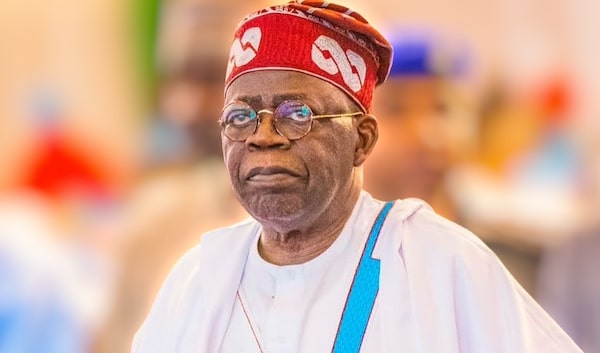The International Monetary Fund has projected that Nigeria’s economic growth will decline in 2023 and 2024 due to security issues in the oil sector.
It stated that the country’s economy would grow at 3.2 per cent in 2023, before declining to 3.0 per cent in 2024.
The IMF disclosed this in its latest ‘World Economic Outlook Update: Near-Term Resilience, Persistent Challenges (July 2023)’ report.
Nigeria’s growth is below projections for the Sub-Saharan African region which is expected to grow by 3.5 per cent in 2023 and 4.1 per cent in 2024, according to the report.
The IMF said, “In sub-Saharan Africa, growth is projected to decline to 3.5 per cent in 2023 before picking up to 4.1 per cent in 2024. Growth in Nigeria in 2023 and 2024 is projected to gradually decline, in line with April projections, reflecting security issues in the oil sector.
“In South Africa, growth is expected to decline to 0.3 per cent in 2023, with the decline reflecting power shortages, although the forecast has been revised upward by 0.2 percentage point since the April 2023 WEO, on account of resilience in services activity in the first quarter.”
Also, Nigeria’s economic growth projection for 2023 and 2024 did not change from the Washington-based lender’s projection of April 2023.
Commenting on the global economy, the IMF said global growth was projected to fall from an estimated 3.5 per cent in 2022 to 3.0 per cent in both 2023 and 2024.
It stated that while its forecast for 2023 was modestly higher than predicted in its April 2023 predictions, it remained weak by historical standards.
This, it noted, was as the rise in Central Bank policy rates to fight inflation continued to weigh on economic activity.
It noted that sovereign debt distress was likely to spread to a wider group of economies.
It added, “In most economies, the priority remains achieving sustained disinflation while ensuring financial stability. Therefore, central banks should remain focused on restoring price stability and strengthening financial supervision and risk monitoring.
“Should market strains materialise, countries should provide liquidity promptly while mitigating the possibility of moral hazard. They should also build fiscal buffers, with the composition of fiscal adjustment ensuring targeted support for the most vulnerable. Improvements to the supply side of the economy would facilitate fiscal consolidation and a smoother decline of inflation toward target levels.”



